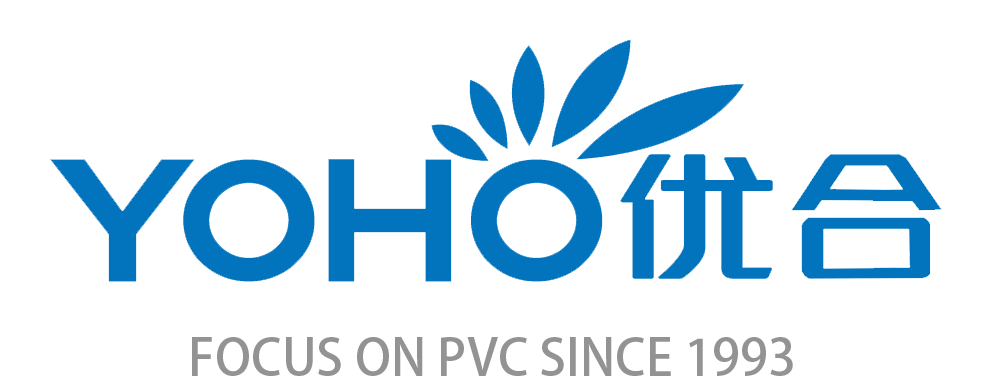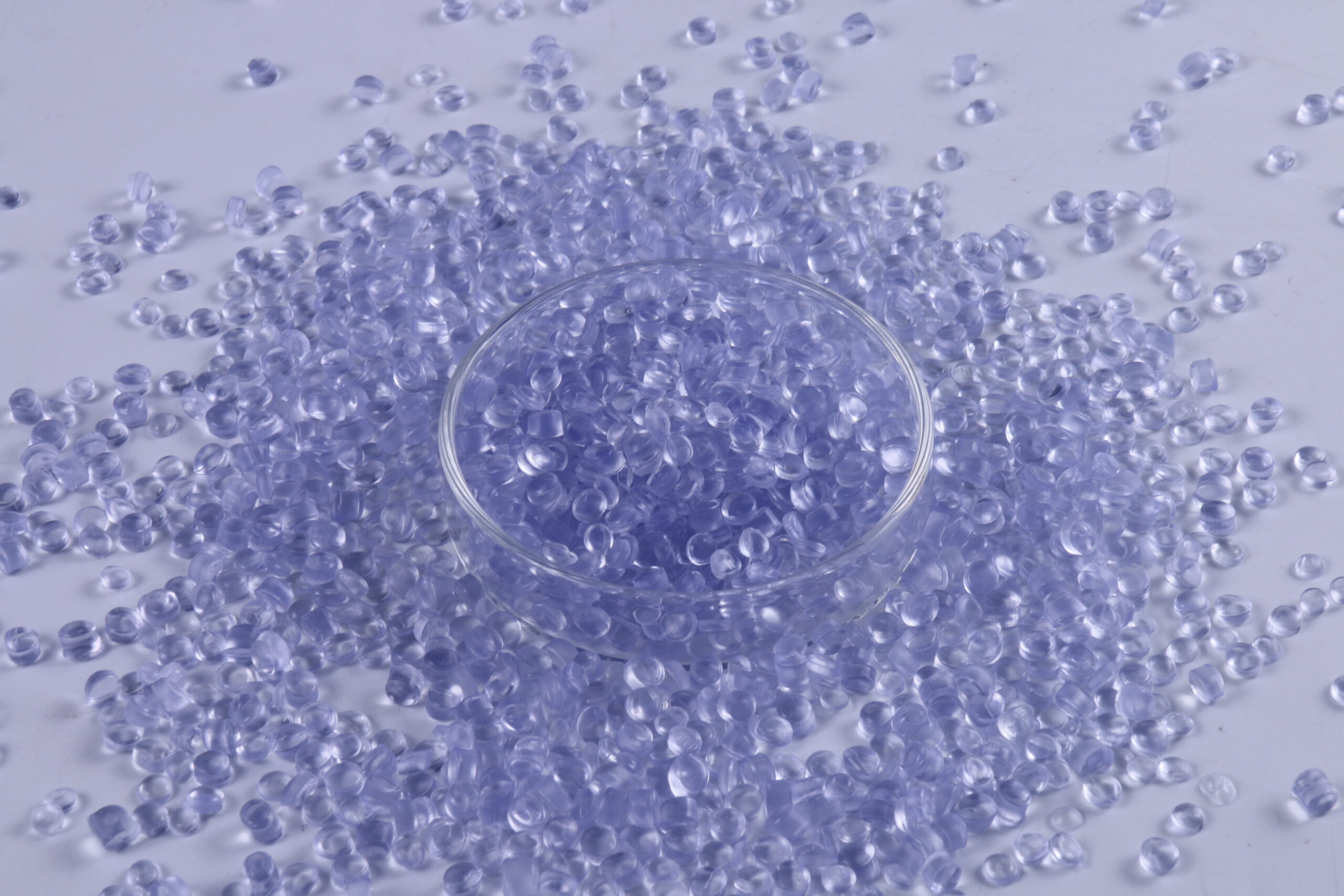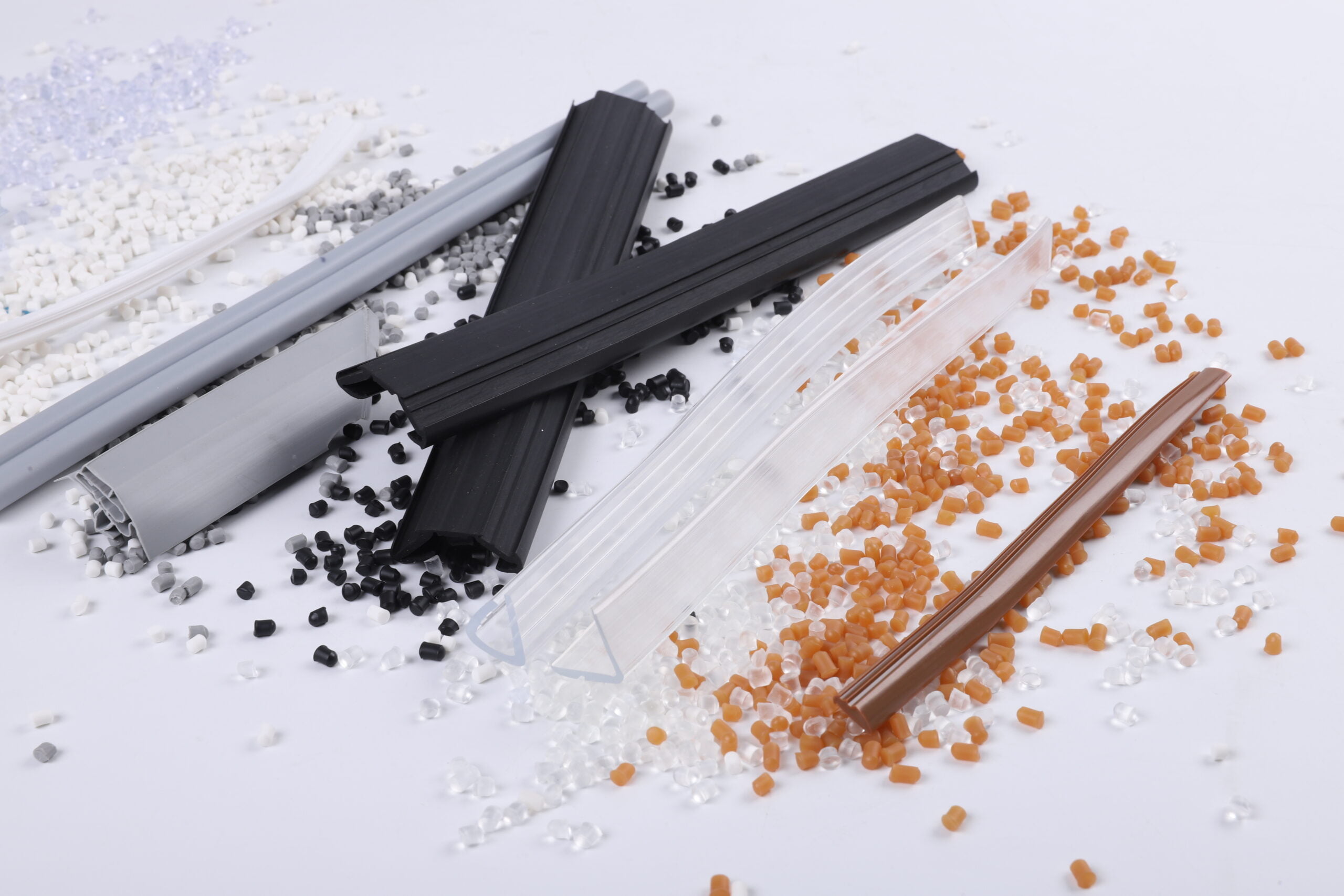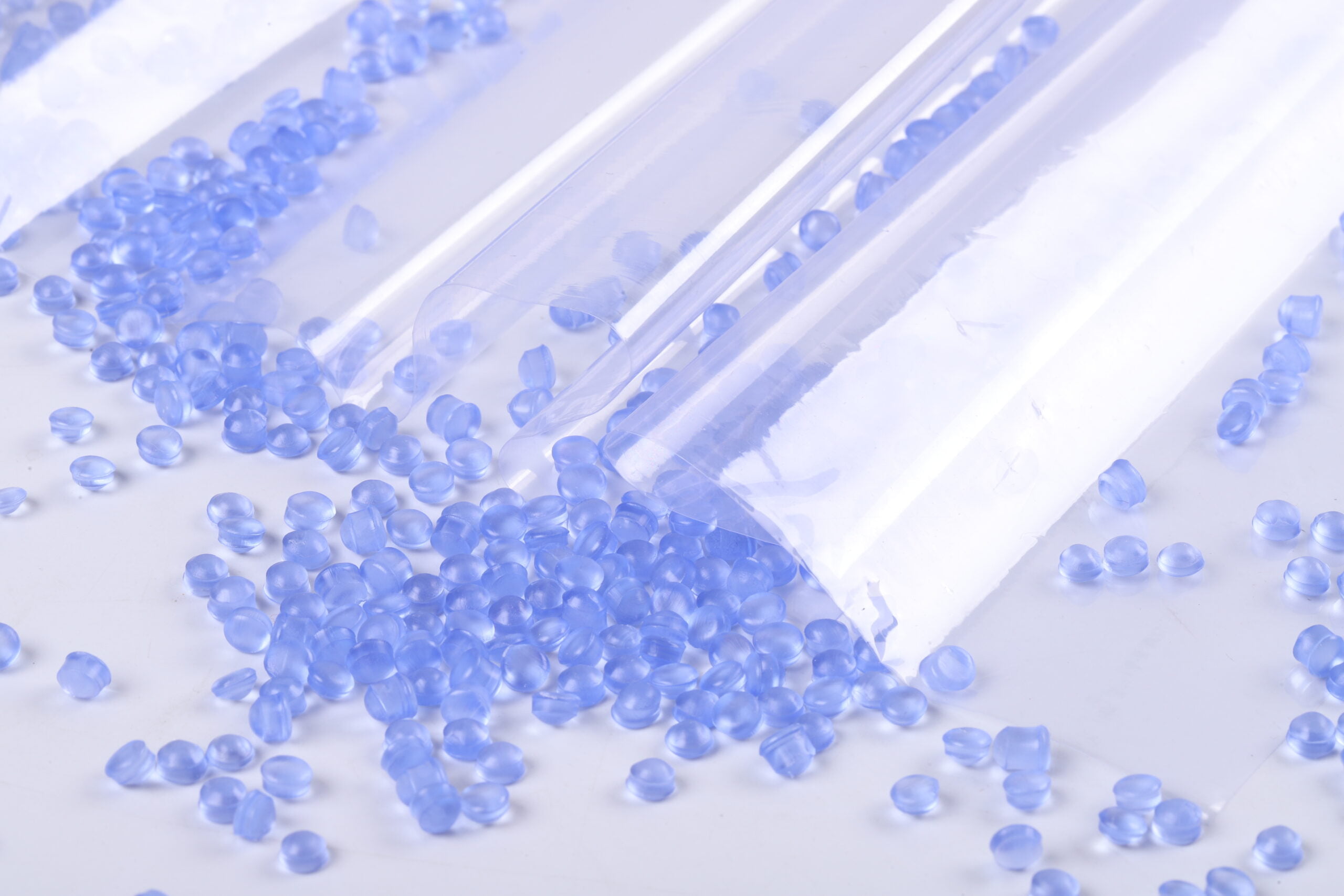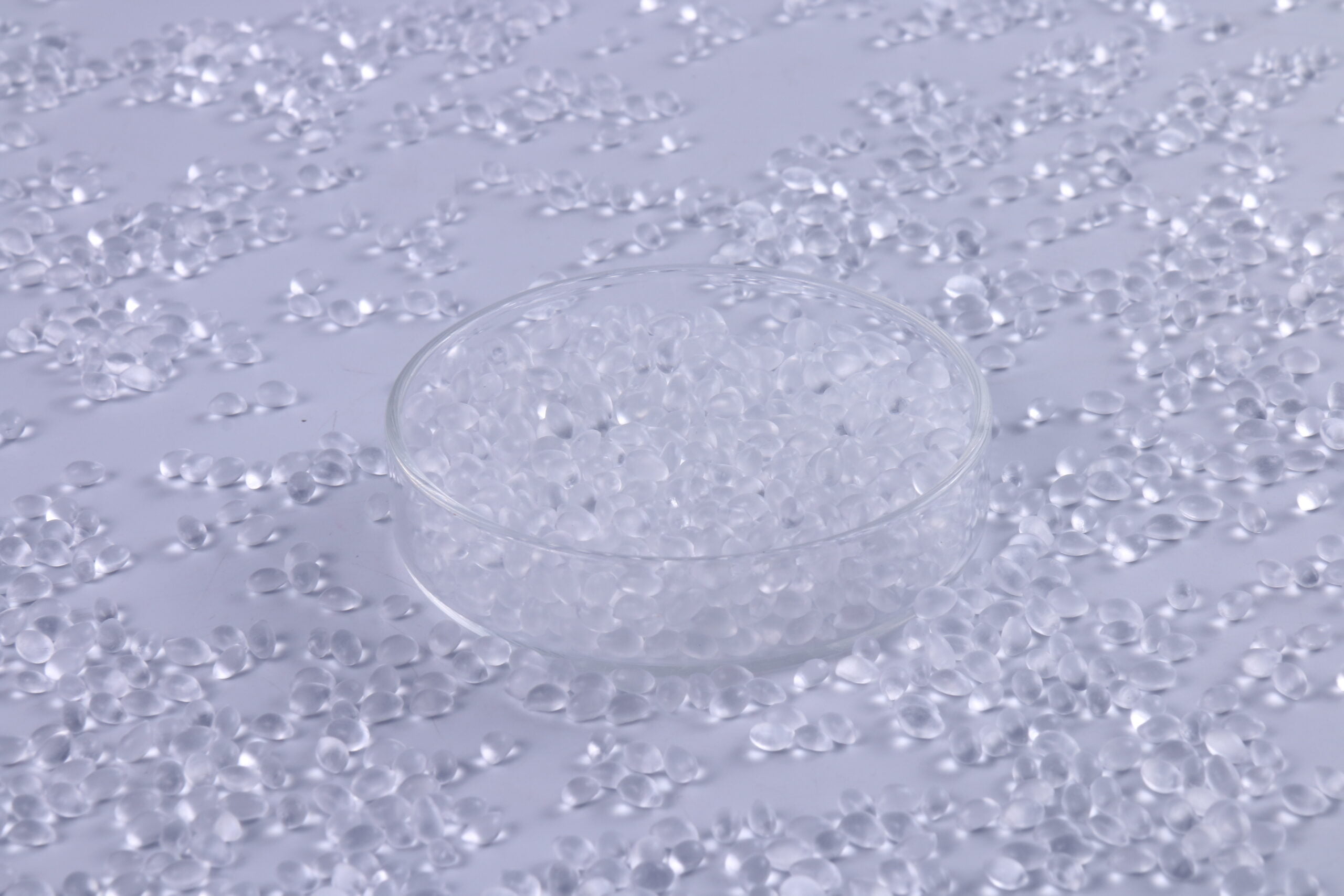Welcome to our ultimate guide to PVC granules! Whether you're a seasoned industry professional or just starting out, this comprehensive article will provide you with all the essential information you need to know about PVC granules. In just a few minutes, you'll discover how PVC granules are made, their diverse range of applications, and the benefits they offer.
PVC granules, also known as polyvinyl chloride granules, are key components in a wide array of products, including pipes, cables, flooring, and more. Understanding the manufacturing process, the different types of PVC granules available, and their specific characteristics is crucial in choosing the right material for your project.
But that's not all. We'll also delve into the environmental impact of PVC granules, the recycling process, and the importance of sustainable practices within the industry. Our aim is to equip you with the knowledge needed to make informed decisions that align with your values.
So, without further ado, let's dive into the world of PVC granules and uncover what makes them such a versatile and valuable material in various industries.
What are PVC Granules and how are they made?
PVC granules, also known as polyvinyl chloride granules, are small, rounded pellets created from the polymerization of vinyl chloride monomer (VCM). This process involves the combination of chlorine and ethylene, resulting in a versatile thermoplastic material widely used in various applications. The manufacturing of PVC granules typically involves several steps, including polymerization, compounding, and granulation. Each of these stages is crucial in determining the final properties of the granules, which can be tailored for specific uses.
The polymerization of vinyl chloride can be achieved through different methods, including suspension polymerization, emulsion polymerization, and bulk polymerization. In suspension polymerization, VCM is dispersed in water, where it polymerizes into solid particles. Emulsion polymerization, on the other hand, uses surfactants to create a stable emulsion, leading to finer granules. Finally, bulk polymerization is conducted without a solvent, allowing for the production of high-purity PVC. Once the polymerization process is complete, the resulting PVC resin is processed further to achieve the desired granule size and properties.
After polymerization, the PVC resin undergoes compounding, where additives such as stabilizers, plasticizers, lubricants, and colorants are mixed in. This step is essential to enhance the performance of the granules for specific applications. Following compounding, the material is cooled and cut into small pieces, resulting in granules that can be easily transformed into various products through processes like extrusion, injection molding, and blow molding. The entire manufacturing process ensures that the PVC granules are consistent in quality and performance, making them suitable for a wide range of uses.
Properties and Characteristics of PVC Granules
PVC granules possess a unique set of properties that make them an attractive choice for a multitude of applications. One of the most significant characteristics of PVC is its durability and resistance to environmental factors. PVC granules are resistant to moisture, chemicals, and UV radiation, which means that products made from these granules can withstand harsh conditions without degrading. This durability also translates into a long lifespan for products, making them more economical over time.
Another important property of PVC granules is their versatility in terms of processing and application. They can be easily molded, extruded, and formed into various shapes and sizes, allowing manufacturers to create a diverse range of products, from plumbing pipes to flooring and electrical cables. Additionally, PVC granules can be modified with additives to enhance specific characteristics such as flexibility, impact resistance, and fire retardancy, making them suitable for specialized applications.
The thermal and electrical insulating properties of PVC granules are also noteworthy. They have a low thermal conductivity, which helps in maintaining temperature in various applications, while their excellent electrical insulating properties make them ideal for use in electrical wiring and cables. Furthermore, PVC granules can be produced in a variety of colors, offering aesthetic flexibility for design purposes. These combined properties underscore the widespread adoption of PVC granules across numerous industries.
Uses and Applications of PVC Granules
PVC granules are utilized in an extensive array of applications due to their versatile properties. One of the primary uses is in the construction industry, where they are transformed into pipes, fittings, and profiles. PVC pipes are widely preferred for their resistance to corrosion and chemical damage, making them suitable for transporting water, sewage, and various industrial fluids. In addition, the lightweight nature of PVC allows for easier installation and handling compared to traditional materials like metal.
Another significant application of PVC granules is in the manufacturing of flooring products, such as vinyl tiles and sheets. PVC flooring is popular for its durability, ease of maintenance, and design flexibility. It is commonly used in residential, commercial, and industrial settings due to its ability to withstand heavy foot traffic and resist stains and scratches. The variety of textures and colors available also allows for creative design options in interior spaces.
PVC granules are also extensively used in the packaging industry, particularly for producing shrink wraps, containers, and trays. Their excellent barrier properties help protect products from moisture and contaminants, ensuring longer shelf life. Additionally, PVC is employed in the electrical industry for insulation on wires and cables, due to its effective electrical insulating properties. These applications illustrate the wide-ranging benefits of PVC granules across different sectors, making them an indispensable material in modern manufacturing.
Advantages and Disadvantages of PVC Granules
The advantages of PVC granules are numerous, making them a favored choice in various industries. One of the primary benefits is their cost-effectiveness. PVC granules are relatively inexpensive to produce, and the durability of the products made from them translates to lower maintenance and replacement costs over time. Moreover, the versatility of PVC allows it to be modified with various additives, enhancing its properties to meet specific application requirements without a significant increase in production costs.
Another key advantage is the environmental resistance of PVC granules. They are resistant to moisture, chemicals, and UV light, which ensures that products maintain their integrity and appearance over time. This resistance to environmental factors contributes to their longevity, reducing the need for frequent replacements. Additionally, PVC can be produced in a range of colors and finishes, providing aesthetic versatility for various applications.
However, there are disadvantages to consider when using PVC granules. One of the main concerns is the environmental impact associated with their production and disposal. The manufacturing process of PVC can release harmful chemicals, and when not disposed of properly, PVC products can contribute to pollution. Moreover, the burning of PVC can emit toxic gases, making it crucial to implement proper recycling and disposal methods. This raises questions about sustainability, prompting the industry to explore more eco-friendly alternatives and recycling practices.
Types of PVC Granules available in the market
PVC granules are available in various types, each tailored for specific applications and performance requirements. One of the most common types is rigid PVC granules, which are characterized by their stiffness and strength. Rigid PVC is often used in the production of pipes, fittings, and construction materials, where structural integrity and durability are essential. These granules are typically used without the addition of plasticizers, resulting in a hard and inflexible final product.
On the other hand, flexible PVC granules are modified with plasticizers to enhance their softness and flexibility. This type of PVC is widely used in applications such as flooring, upholstery, and electrical wiring insulation. The addition of plasticizers allows the material to bend and stretch without breaking, making it ideal for products that require a degree of movement or flexibility. The flexibility of these granules can be adjusted based on the amount and type of plasticizers used.
There are also specialty PVC granules designed for specific performance characteristics, such as impact resistance and fire retardancy. Impact-resistant PVC granules are formulated to withstand mechanical stress and are commonly used in applications like safety equipment and automotive components. Fire-retardant PVC granules contain additives that help inhibit the spread of flames, making them suitable for use in construction materials that require compliance with fire safety regulations. The diversity of PVC granules available in the market ensures that manufacturers can find the right material for their unique needs.
Factors to consider when choosing PVC Granules
When selecting PVC granules for a specific application, several factors must be taken into account to ensure optimal performance and suitability. First and foremost, it is essential to consider the intended use of the product. Different applications may require different types of PVC granules, such as rigid or flexible varieties, depending on whether the product needs to be strong and durable or soft and pliable. Understanding the performance requirements will guide the selection process.
Another critical factor to consider is the environmental conditions in which the final product will be used. If the product is to be exposed to harsh chemicals, moisture, or UV radiation, it is important to choose PVC granules that are formulated to withstand such conditions. Additionally, compliance with industry regulations and standards is crucial. Certain applications may have specific requirements regarding safety, fire resistance, or environmental impact, so selecting the right type of PVC granules that meet these standards is imperative.
Lastly, the processing method used to manufacture the final product should be considered. Different processing techniques, such as extrusion or injection molding, may require specific types of PVC granules to achieve the desired results. The granule size and characteristics can affect the flow properties during processing, influencing the overall quality of the finished product. By carefully evaluating these factors, manufacturers can make informed decisions when choosing PVC granules that align with their project's requirements.
How to use PVC Granules effectively in manufacturing processes
Effectively using PVC granules in manufacturing processes involves understanding the specific requirements of the chosen processing method and optimizing material handling procedures. When using methods such as extrusion, it is crucial to ensure that the granules are properly dried before processing. Moisture content can negatively impact the quality of the final product, leading to defects such as bubbles or inconsistencies. Therefore, pre-drying the granules not only enhances processing efficiency but also ensures a high-quality end product.
During the extrusion process, maintaining the appropriate temperature is essential. PVC granules require precise temperature control to achieve the desired melting point without degrading the material. The processing temperature must be monitored closely to prevent thermal decomposition, which can release harmful gases and compromise the integrity of the granules. Additionally, using a well-calibrated extrusion machine can help achieve consistent output, ensuring that the produced profiles or sheets meet quality standards.
For injection molding applications, it is vital to consider the injection speed and pressure settings. These parameters can impact the flow of the molten PVC and the filling of the mold. Adequate mold temperature control is also crucial, as it influences the cooling rate and final product quality. Experimenting with different processing conditions and conducting trial runs can help determine the optimal settings for the specific type of PVC granules being used. By paying attention to these details, manufacturers can maximize the effectiveness of PVC granules in their production processes.
Safety precautions when handling PVC Granules
Handling PVC granules safely is essential to protect workers and maintain a safe working environment. One of the primary safety precautions is to ensure that personnel are equipped with appropriate personal protective equipment (PPE). This may include gloves, safety glasses, and respirators, especially during the processing stages where dust or fumes may be generated. Proper PPE helps minimize exposure to potential irritants and ensures the safety of workers involved in the manufacturing process.
Additionally, it is important to implement proper storage practices for PVC granules. They should be stored in a cool, dry place away from direct sunlight and sources of heat. Exposure to high temperatures or moisture can compromise the quality of the granules, leading to degradation and potential hazards during processing. Keeping the storage area organized and well-ventilated can further reduce risks associated with dust accumulation and ensure a safer working environment.
Finally, manufacturers should also establish procedures for dealing with spills and accidents. In the event of a spill, it is crucial to clean it up promptly to prevent slipping hazards or contamination. Training workers on emergency response protocols and maintaining first aid supplies readily available can help mitigate risks associated with handling PVC granules. By promoting a culture of safety and awareness, manufacturers can ensure that their operations remain efficient and secure.
Conclusion and Final Thoughts on PVC Granules
In conclusion, PVC granules are a fundamental material in various industries, offering a unique combination of durability, versatility, and cost-effectiveness. Understanding their manufacturing process, properties, and applications allows for informed decision-making when selecting the right type of granules for specific projects. While PVC granules come with numerous advantages, it is also essential to consider the environmental implications and safety measures associated with their use.
As industries continue to evolve, the demand for sustainable practices and eco-friendly materials is growing. This shift has prompted innovation in recycling technologies and the development of alternative materials that can complement or replace traditional PVC applications. By staying informed about advancements in the industry, manufacturers can adapt and align their practices with evolving environmental standards.
Ultimately, PVC granules remain a valuable resource, and their versatility ensures that they will continue to play a significant role in various applications for years to come. Whether for construction, packaging, or electrical uses, understanding PVC granules empowers professionals to make choices that benefit both their projects and the environment. As we move forward, embracing sustainable practices within the PVC industry will be crucial in balancing performance with ecological responsibility.
